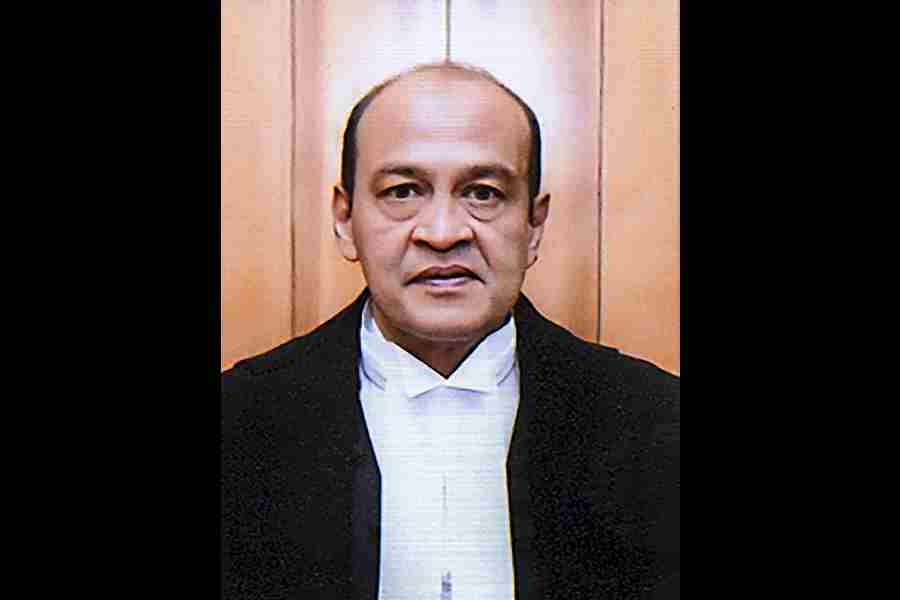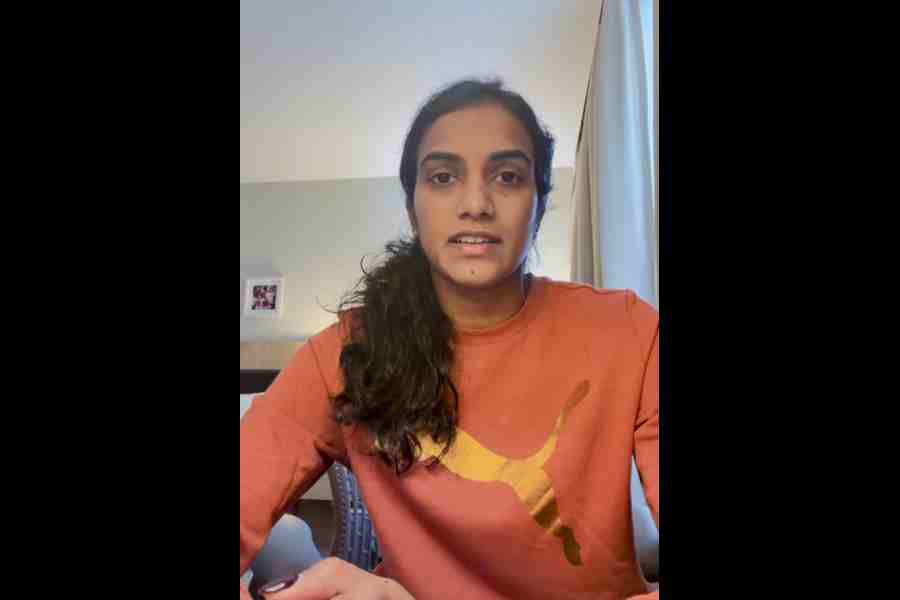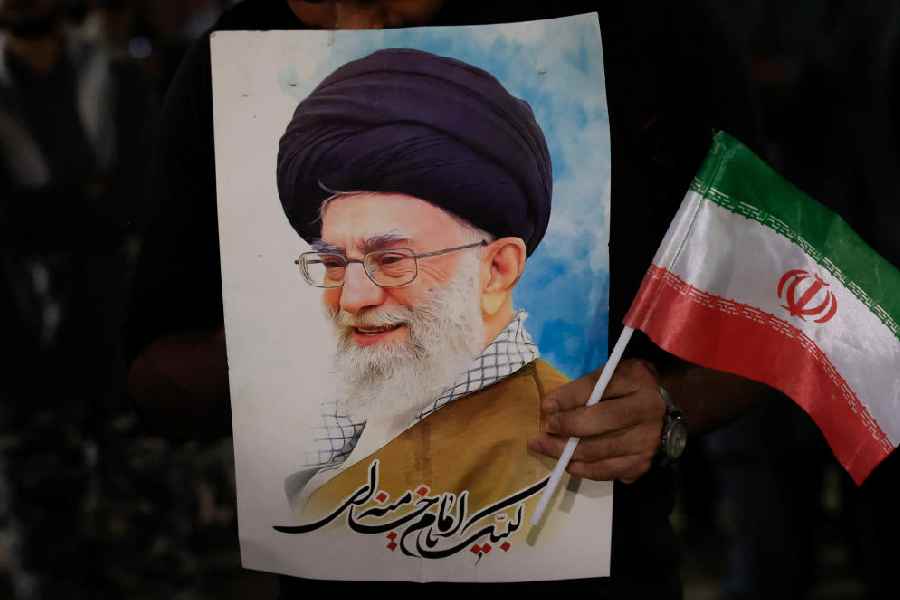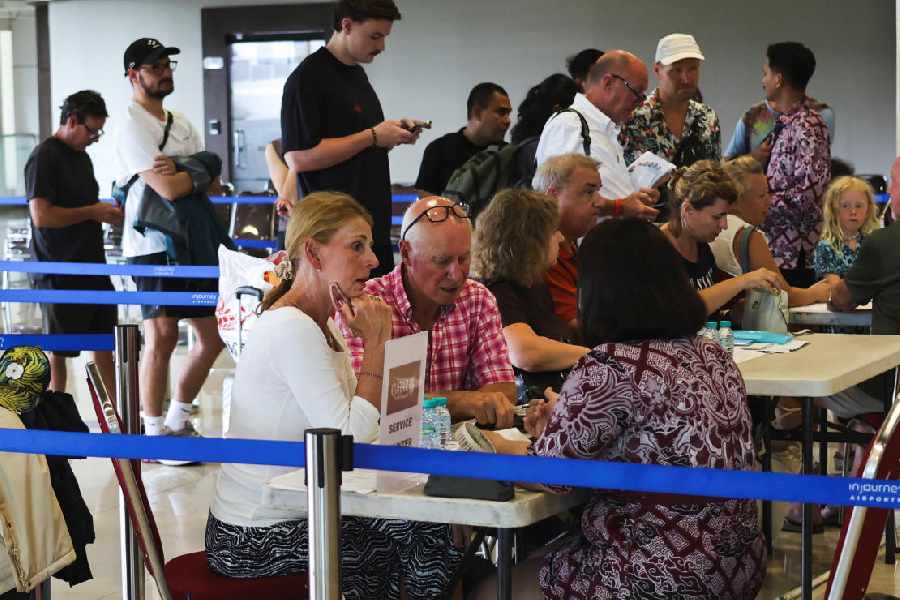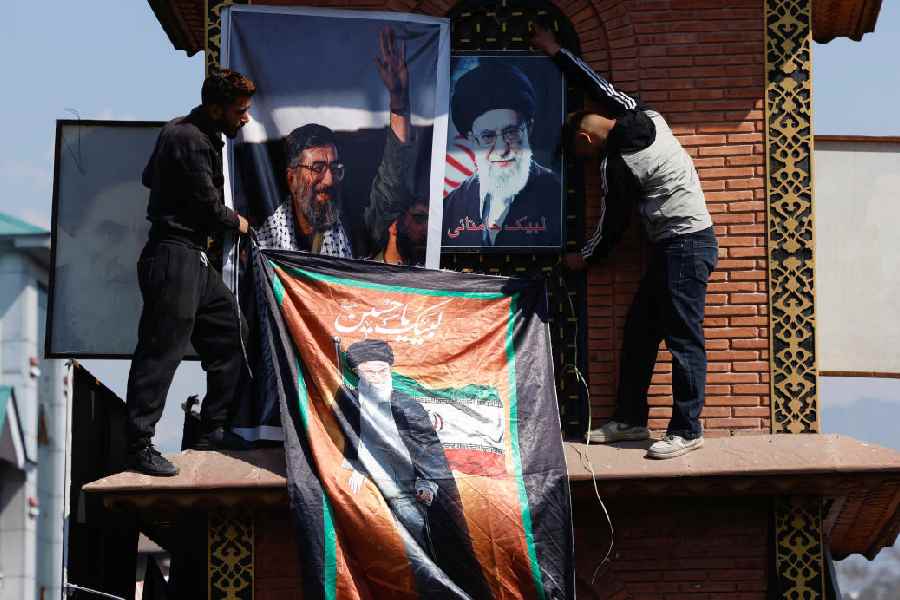The government is set to move an impeachment motion against Allahabad High Court's in Parliament and will seek to build an all-party consensus for action against the judge facing allegations of corruption after the discovery of a large amount of cash from his official residence in Delhi.
Government sources on Tuesday said Parliamentary Affairs Minister Kiren Rijiju will be speaking to leaders of different parties to get them on board for the impeachment motion against Varma following his indictment by a three-member probe committee constituted by the Supreme Court.
A fire incident at Varma's residence in the national capital in March this year, when he was a judge at the Delhi High Court, had led to the discovery of several burnt sacks of cash at the outhouse.
Though Varma claimed ignorance about the cash, the Supreme Court-appointed committee indicted him after speaking to a number of witnesses and recording his statement.
The then Chief Justice of India, Sanjiv Khanna, is believed to have prodded him to resign but Varma dug in his heels. The apex court has since transferred him to his parent cadre of the Allahabad High Court, where he has not been assigned any judicial work.
Khanna then wrote to the President and the Prime Minister, recommending the impeachment motion, which is the procedure for axing members of the higher judiciary from service.
Parliament's monsoon session is expected to begin around the third week of July when the government will move the motion against him, sources said.
The impeachment motion has to be brought in the Lok Sabha as well as the Rajya Sabha, and will need the support of two-thirds of the MPs for passage.
At least 50 members in the Rajya Sabha and 100 in the Lok Sabha have to sign the motion before it is admitted by the Chair.
The motion is moved by the Law Minister, and the government will seek signatures and subsequent support of members of different parties, including the opposition, to send a message of united parliamentary resolve against alleged judicial corruption after the sensational videos of burnt cash at Varma's house sent shockwaves through the country and its institutions.
The motion is first introduced in one House and is then admitted in the other House only after the procedural formalities are successfully completed there. So far, there have been only two instances of Parliament taking up the impeachment motion, a constitutional necessity to remove a sitting high court or Supreme Court judge.
Former Supreme Court judge V Ramaswami was the first to face it for alleged misuse of public fund, but the motion could not get the required support in Parliament in 1993.
Soumitra Sen of the Calcutta High Court resigned in 2011 after the Rajya Sabha passed an impeachment motion against him, rendering the exercise irrelevant Opposition members were vocal in the last session of Parliament in seeking action against Varma after the cash discovery incident hit headlines, while the government waited for the Supreme Court to firm up its stand on the issue.
The apex court had set up a three-member committee of Justice Sheel Nagu, Chief Justice of the High Court of Punjab and Haryana, Justice G S Sandhawalia, Chief Justice of the High Court of Himachal Pradesh and Justice Anu Sivaraman, Judge of the High Court of Karnataka, for the inquiry into the allegations Varma.
The committee submitted its report to the Chief Justice of India on May 4, and its findings have not been officially disclosed yet.
Except for the headline, this story has not been edited by The Telegraph Online staff and has been published from a syndicated feed.

